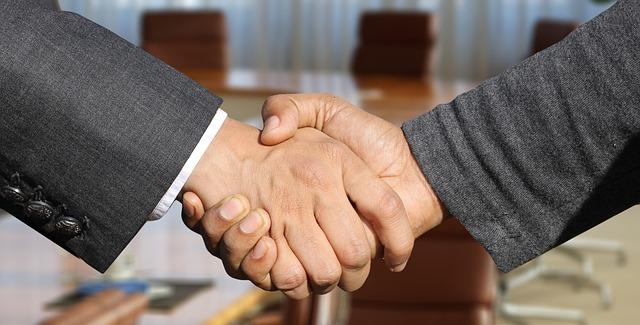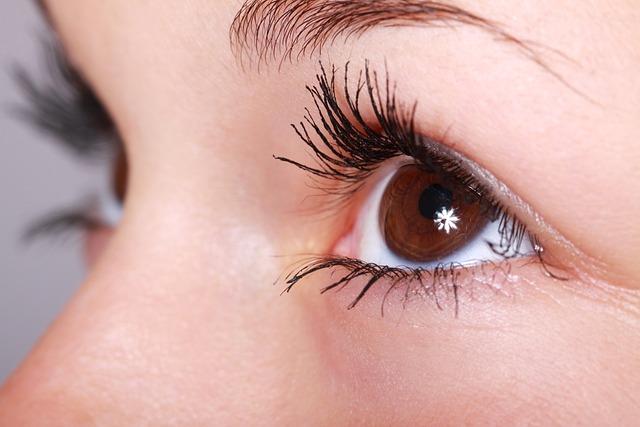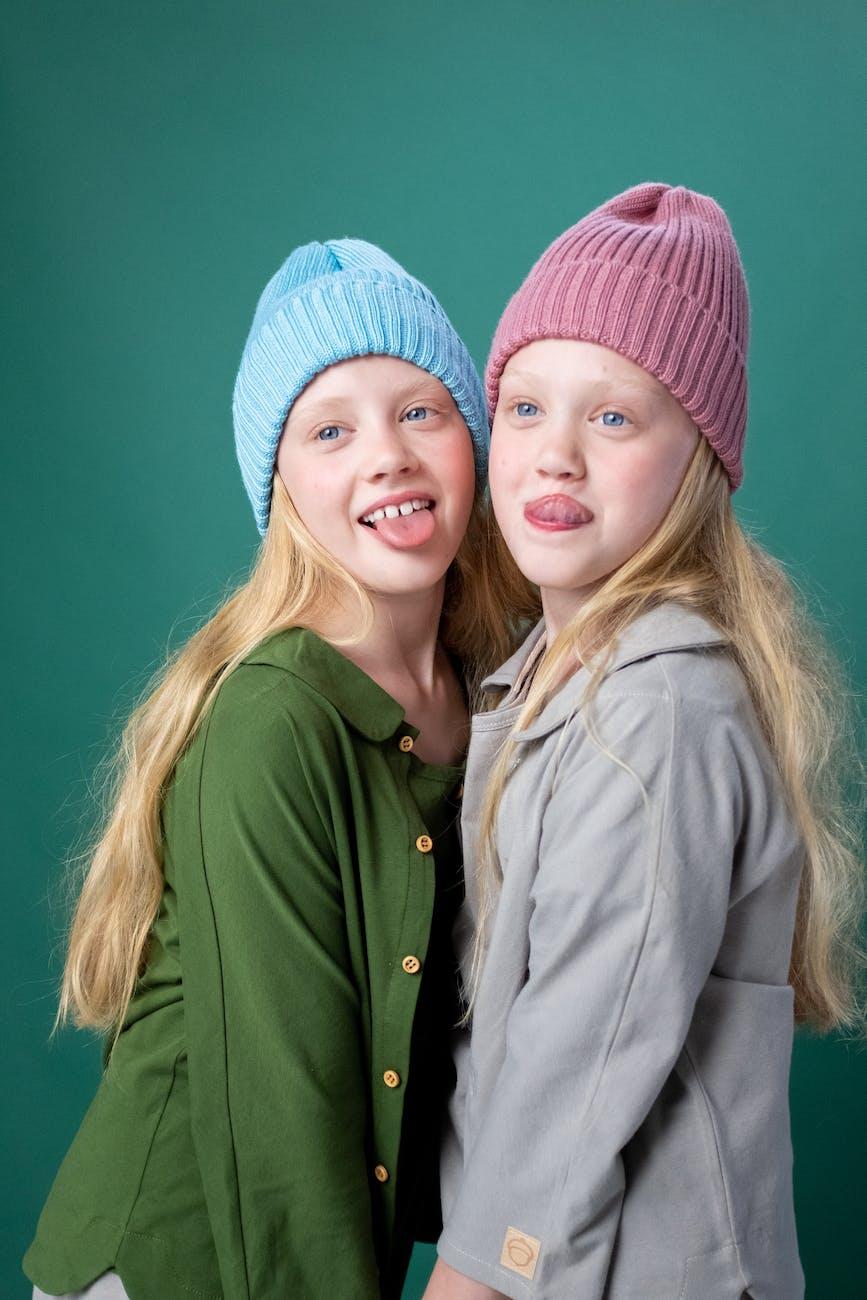Abhijeet Chakrabarty's Key Ideas from How to Read a Person Like a Book
by Gerard Nierenberg, Henry H. Calero
Ideas, facts & insights covering these topics:
11 ideas
·24.3K reads
106
4
Explore the World's Best Ideas
Join today and uncover 100+ curated journeys from 50+ topics. Unlock access to our mobile app with extensive features.
Observation is Key:
Become an adept observer of body language. Noticing subtle physical changes can offer insights into a person's thoughts or emotions.
279
3.76K reads
Establish a baseline :
Understand a person's normal behavior before interpreting deviations as meaningful. A baseline allows you to notice when behavior changes, possibly indicating shifts in feelings or attitudes.
277
3.01K reads
Context Matters
Always consider the context when interpreting body language. Like crossed arms might suggest defensiveness in one situation or simply that the person is cold in another.
some examples of positive body language:
- Posture: Be relaxed but don't slouch. Stand up tall to convey confidence.
- Eye contact: Maintain eye contact for a few seconds at a time.
- Gestures: Use simple hand gestures. Avoid touching your face.
- Facial expressions: Smile and use positive facial expressions.
283
2.59K reads
Clusters of Gestures
Look for clusters of body language signals. A single gesture might not mean much, but a series of signals can provide a clearer indication of a person's state of mind.
For example; while you asking serious question to a person, “telltale cluster” of nonverbal signals associated with lying are: hand touching, face touching, crossing arms, and leaning away.
280
2.31K reads
Inappropriateness between Words and Body Language
Pay attention when someone’s words do not match their body language. This incongruence can be a telltale sign of what they might truly be thinking or feeling. For example, someone might tell you they are happy while frowning and staring at the ground. So when someone says one thing, but their body language suggests something else.
268
2.17K reads
Facial Expressions
The face can be revealing. While some people can control their facial expressions to a degree, microexpressions often slip through, revealing genuine emotions.
- Happiness: Raised cheeks, raised lip corners, "crow's feet" wrinkles around the eyes, tightened muscles around the eyes
- Sadness: Raised inner corners of the eyes, loose eyelids, lip corners pulled down
- Surprise: Dilated pupils, open mouth, lifted eyelids and eyebrows
272
2.01K reads
Eye Movements
Eye behavior can provide clues to a person's thought processes or feelings.
For instance, lack of eye contact can imply discomfort or dishonesty, whereas direct eye contact tends to signify confidence and honesty.
267
1.93K reads
Posture and Positioning
A person's stance and the way they position themselves in a space can indicate their attitude and level of engagement.
Leaning towards someone often shows interest, whereas leaning back could imply disinterest or a desire for space.
266
1.82K reads
Territoriality and Personal Space
People have an innate sense of personal space and territory, and how they react to the encroachment of their space can provide insights into their comfort levels and feelings towards the other person.
An example is students as they sit in class. Some students like to spread their backpack and books out in a way to let other students know that they do not want others to sit next to them. These students seem to value having a lot of space to themselves.
261
1.62K reads
Synchrony and Mirroring
When people are in rapport, they tend to mirror each other’s movements and postures. Observing such synchrony can indicate a good connection and agreement.
Here are some examples of synchrony:
- In-phase: Behaving in the same way as the other person, such as crossing the same leg as a friend when sitting down
- Anti-phase: Taking turns, such as in conversation
Here are some examples of mirroring:
- Matching your speed to someone else's
- Crossing the same leg as a friend when sitting down
- Finishing each other's statements
- Agreeing on decisions
263
1.59K reads
Lastly
By understanding these principles, you can better interpret the nonverbal cues that people give off, potentially improving communication and understanding in social situations. 🙂
This is my first post in Deepstash, if you have any suggestions or questions do ask me in the comments section.
Happy Reading 😊
260
1.52K reads
IDEAS CURATED BY
Hello, fellow knowledge seekers! I'm Abhijeet, a curious explorer in the vast ocean of information. Happy Reading 😊📖
CURATOR'S NOTE
How to Read a Person Like a Book" by Gerard Nierenberg and Henry H. Calero is a guide on interpreting body language to understand people's real feelings and intentions. Here are some key principles which I've discussed here.
“
Different Perspectives Curated by Others from How to Read a Person Like a Book
Curious about different takes? Check out our book page to explore multiple unique summaries written by Deepstash curators:
2 ideas
John John's Key Ideas from How to Read a Person Like a Book
Gerard Nierenberg
10 ideas
Dom Inic's Key Ideas from How to Read a Person Like a Book
Gerard Nierenberg, Henry H. Calero
Discover Key Ideas from Books on Similar Topics
11 ideas
Rethinking Body Language
Geoffrey Beattie
6 ideas
What Every BODY is Saying
Joe Navarro, Marvin Karlins
16 ideas
What Every BODY is Saying
Joe Navarro, Marvin Karlins
Read & Learn
20x Faster
without
deepstash
with
deepstash
with
deepstash
Personalized microlearning
—
100+ Learning Journeys
—
Access to 200,000+ ideas
—
Access to the mobile app
—
Unlimited idea saving
—
—
Unlimited history
—
—
Unlimited listening to ideas
—
—
Downloading & offline access
—
—
Supercharge your mind with one idea per day
Enter your email and spend 1 minute every day to learn something new.
I agree to receive email updates








